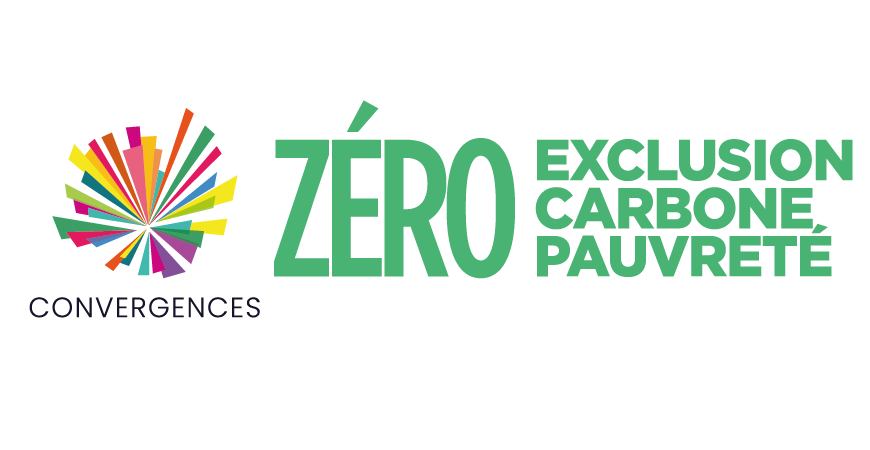As a niche initially confined to distant geographies and populations unattended by the mainstream financial industry, the microfinance sector has since long embraced the issue of social performance. Promising the responsible inclusion of the excluded, and often vulnerable, populations into the financial services space in order to develop and/or grow their economic activities and eventually lift them out of poverty, the industry long ago realized that it had to demonstrate the achievement of its initial promise. But how to evaluate, transparently and coherently, the achievement of social and environmental goals behind microfinance? How to ensure the delivery of both responsible financial services and the financial objectives necessary for a sustainable industry?
Over the initial years, the most voluntary organizations (investors and financial service providers – FSPs) developed in-house approaches. Their learnings were important, but these individual approaches resulted in a confusing landscape with about as many methodologies as there were actors developing them. In 2005, the need for greater cooperation between these actors became obvious. That year, SPTF in coordination with the Smart Campaign (Client Protection Principles) and other initiatives launched a sector wide cooperation to create a common language for social performance evaluation. With great success.
Since 2012, the industry disposes of a truly global standard proposal – the Universal Standards. Completed by and fully aligned with CERISE’s social performance audit tool (SPI4) in 2015, inclusive finance investors and FSPs have since then the capacity to evaluate how well they perform both financially and socially based on the agreed upon Universal Standards. Today, over 600 FSPs use the SPI4, representing over 50% of MFIs, over 30% of clients and close to 20% of total portfolio of MFIs reporting to the Mix Market1 , and a larger number not only evaluate and assess but benchmark, and improve their social performance based on these Standards.
Several years after this exciting period that witnessed the development and improvement of the first social audit tools, the SPTF now works to link social performance and outcomes management in inclusive finance to the Sustainable Development Goals. The Standards initially developed for microfinance are tested and applied to a larger section of the financial services industry such as SME financing organizations, banks and Fin-Techs. And a 7th dimension will be added to the Universal Standards to encompass environmental performance. This addition reflects growing demand from the responsible financial sector to evaluate financial, social and environmental performances simultaneously and in an equally thorough way.
Our experience comes right in time…
Something is changing since the 2008/10 financial markets crisis. During its initial years, these social and environmental measurement tools were being used exclusively by microfinance actors and a few responsible institutions. More recently we have witnessed a new, promising change: under the pressure of clients, staff, shareholders, directors, and the public at large who are all more concerned about the social and environmental consequences of a single (financial) bottom line, the financial sector has begun to systematically adopt social and environmental language in its business models. . To go even further: financial- only, short-term focused result management is increasingly being considered as non-optimal and not responding to real fiduciary responsibilities.
A rapidly increasing number of mainstream financial organizations or corporates are completing communication in their annual reports, websites or newsletters to praise their social and environmental responsibilities. Many of these actions are serious, committed to the highest value of such a change to a global performance evaluation. Social and environmental performance measurement has indeed begun to penetrate the mainstream corporate and financial world.
These positive changes should however not blind us to the real risks faced by the sector. If these changes are not properly implemented by all actors not only will free riders bring substantial reputational risk to the many who are implementing change, but also investors, asset owners and other actors risk investing into markets that do not deliver on the announced promise. This is yet another lesson learned from the experience of the microfinance sector: regulations are necessary to ensure transparent measurement by all actors.
…to push for further harmonization regarding social performance measurement
With the 1929 Big Crash, economic actors became aware of the necessity of harmonization of language on financial reporting. Today, IAS/IFRS and GAAP help to understand financial reporting and analysis and determine the reliably a project’s financial health.
We now need to develop the equivalent of IFRS for social and environmental performance. The sector also needs to share its initial learnings with the global economy: that putting customer value in the center of its activities, focusing on happy clients, satisfied staff, efficient and well aligned governance and useful products are the real long-term performance guarantors of any economic endeavor. Inclusive finance appears today like the laboratory that over some decades has allowed to test how to cooperate in a competitive market environment, to learn how to share knowledge and see this as a value gain rather than a risk of losing a competitive advantage. We need to increase our joint efforts to promote highest clarity of concepts, methodologies, tools and evaluations and demonstrate to the global financial markets that responsible investment practice is the only guarantee for long-term financial success. We are moving into the right direction – but this change is now more urgent than ever.
1 Study on Social Performance Management in Microfinance, Cerise et ADA, 2019
JURGEN HAMMER
MANAGING DIRECTOR
SPTF EUROPE

